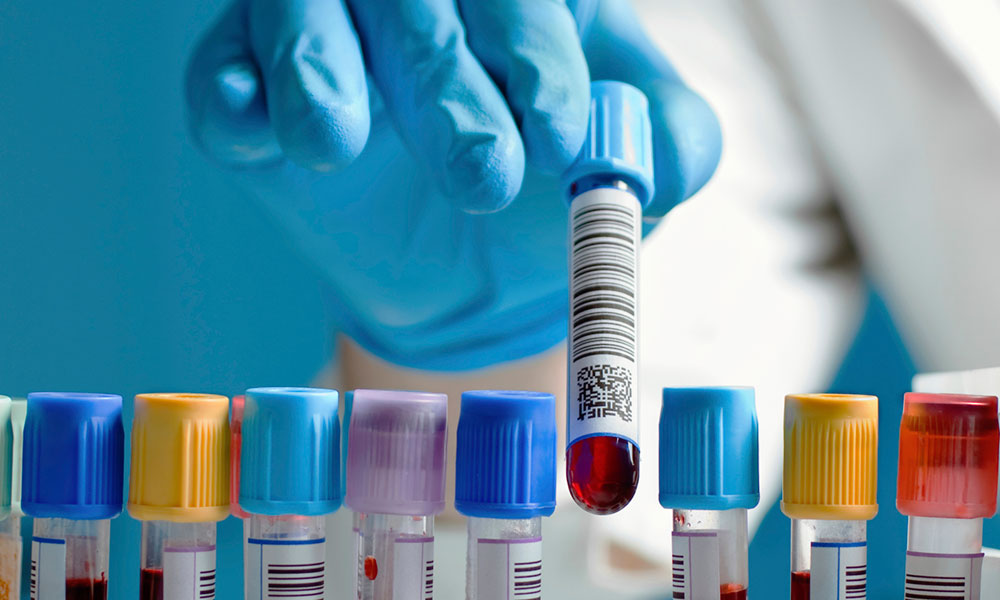
Trade Groups, Nonprofits Partner With NIH to Boost Medical Research
The new Accelerating Medicines Partnership, which has the backing of PhRMA, drug companies, and health-related nonprofits, hopes to speed up the process of discovering new life-saving medications.
Rivals joining forces. The public sector working with the private. Charitable nonprofits collaborating with trade groups.
This new program has everything—including a singular goal: to help drug companies get life-saving products to market faster.
The Accelerating Medicines Partnership, a public-private partnership announced Tuesday, aims to improve data-sharing between the National Institutes of Health and a number of major drug companies, nonprofits, and trade groups. The partnership has hopes of finding cures for challenging diseases, including Type 2 diabetes, Alzheimer’s disease, and autoimmune disorders such as lupus.
The program will invest $230 million in various research projects over the next five years.
Open-Sourced Medicine
The initiative is a change for the pharmaceutical industry, which traditionally has relied on independent, often competitive, research. In fact, the approach is closer to the one seen in the world of programming, where some of the largest innovations in the past two decades have come because of companies’ willingness to share their programming tricks with the world.
That’s an approach that the medical research community could benefit from, NIH Director Dr. Francis Collins wrote in a blog post, because the closed-off system ends up leading to a lot of resource waste.
“The most distressing failures occur when a drug is found to be ineffective in the later stages of development—in Phase II or Phase III clinical studies—after years of work and millions of dollars have already been spent,” Collins wrote. “Why is this happening? One major reason is that we’re not selecting the right biological changes to target from the start.”
Collins knows a thing or two about collaborative projects, having led the Human Genome Project prior joining NIH.
Industry Backing
The Pharmaceutical Research and Manufacturers of America (PhRMA), which represents many of the private companies taking part in the program, including GlaxoSmithKline and Merck, has praised the partnership, calling it an important step for the industry—and one that should extend further in future years.
“This collaboration comes at a time when public-private partnerships are increasing in number, but are still far from the norm,” the association said in a press release. “Together, the partners intend to show the strength of bringing multiple members of the scientific community together to solve significant public health challenges.”
Other groups taking part in the partnership include the Alzheimer’s Association, American Diabetes Association, Lupus Foundation of America, and Rheumatology Research Foundation.
(iStock/Thinkstock)






Comments